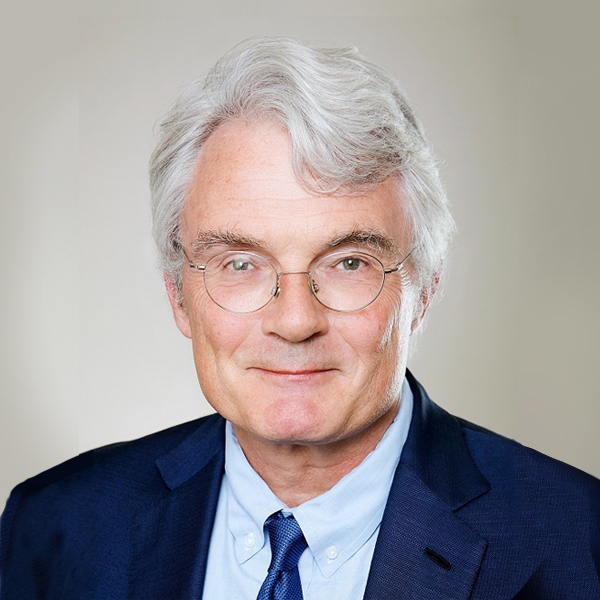2019 PCF – Janssen Challenge Award

Towards Curative RLT in Prostate Cancer Through Dosimetry Optimization, Combination Therapies, and Stroma Targeting
Principal Investigators: Johannes Czernin, MD (University of California, Los Angeles), Caius Radu, MD (University of California, Los Angeles), Matthew Rettig, MD (University of California, Los Angeles)
Co-Investigators: Jeremie Calais, MD, MSc (University of California, Los Angeles), Robert Reiter, MD, MBA (University of California, Los Angeles), Magnus Dahlbom, PhD (University of California, Los Angeles), Roger Slavik, PhD (University of California, Los Angeles), David Dawson, MD, PhD (University of California, Los Angeles), David Ulmert, MD, PhD (University of California, Los Angeles), Katharina Lueckerath, PhD (University of California, Los Angeles), Christine Mona, PhD (University of California, Los Angeles)
Description:
- PSMA-targeted radionuclide therapy is a novel and highly promising new treatment under development for prostate cancer. This new therapy is composed of radioactive isotopes attached to molecules that target the prostate cancer protein PSMA, thereby bringing radiation directly to tumor cells and killing them.
- PSMA-targeted radionuclide therapy has been promising in clinical trials for metastatic castration resistant prostate cancer (mCRPC), however ~50% of patients with PSMA-positive tumors do not respond to this treatment.
- Dr. Johannes Czernin and team will investigate the mechanisms of treatment responses and resistance and develop clinical strategies to improve the efficacy of PSMA-targeted radionuclide therapy.
- In this project, Dr. Czernin and team will use prostate cancer preclinical models to determine the optimal radiation doses for PSMA-targeted radionuclide therapies that use alpha- or beta-particle emitting isotopes, as single agents or in combination.
- The team will identify mechanisms of tumor resistance to PSMA-targeted radionuclide therapy, and identify new combination treatment strategies to overcome resistance.
- Whether cancer associated fibroblasts or other cells in the tumor microenvironment play a role in resistance to PSMA-targeted radionuclide therapy will be investigated. The team will also test a novel radionuclide therapy targeting the fibroblast activation protein (FAP) on cancer associated fibroblasts, in combination with PSMA-targeted radionuclide therapy.
- If successful, this project will optimize clinical use of PSMA-targeted radionuclide therapy for the treatment of advanced prostate cancer, and identify promising new combination treatment strategies that may further improve patient outcomes.
What this means to patients: PSMA-targeted radionuclide therapy is a promising new treatment approach, but more research is needed to maximize its clinical efficacy. Dr. Czernin and team will establish the optimal dose and treatment approach for PSMA-targeted radionuclide therapy, and will identify new combination treatment approaches to avoid the development of therapeutic resistance and further improve patient outcomes.

